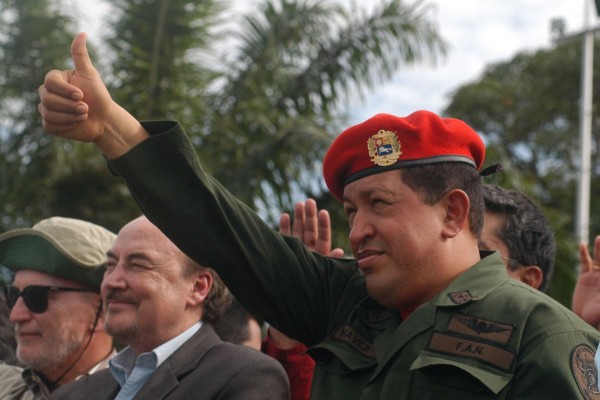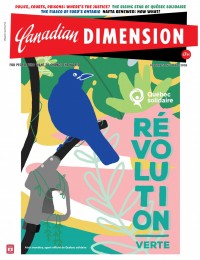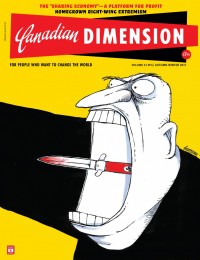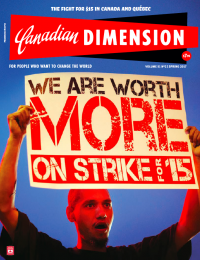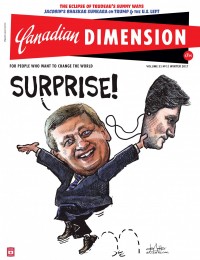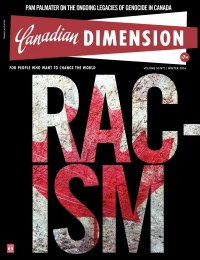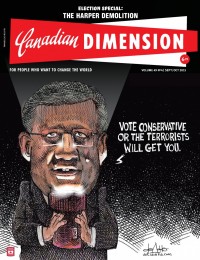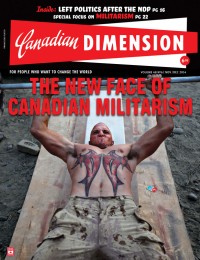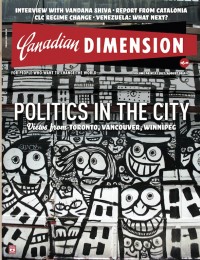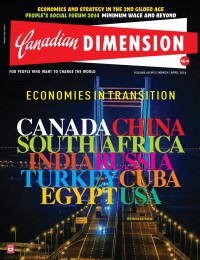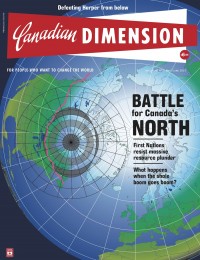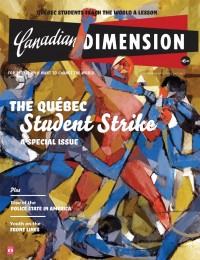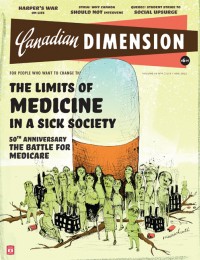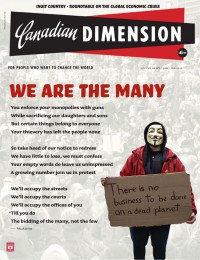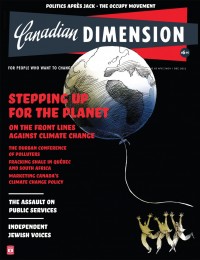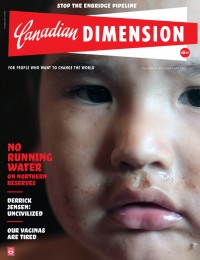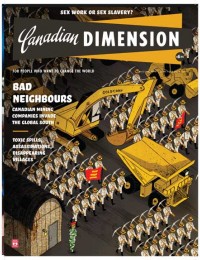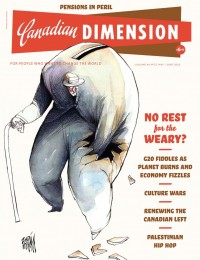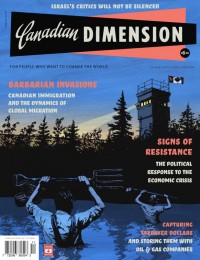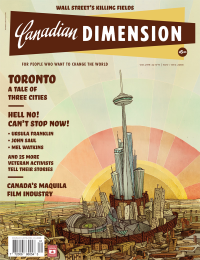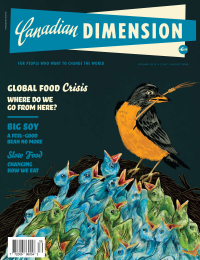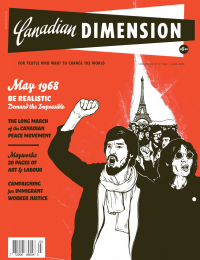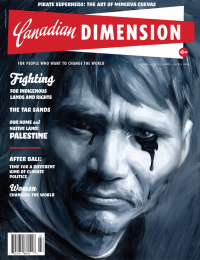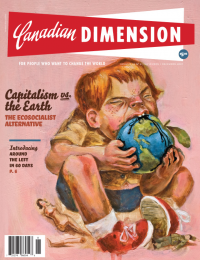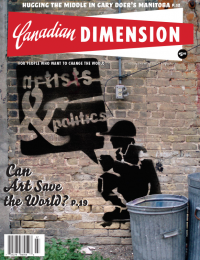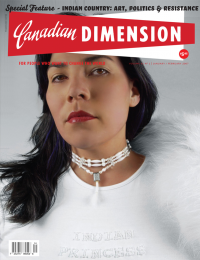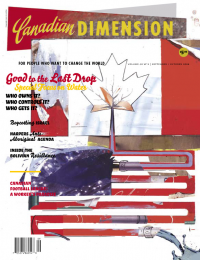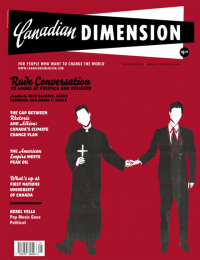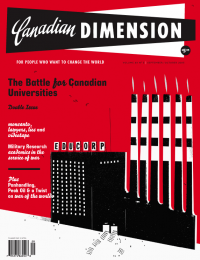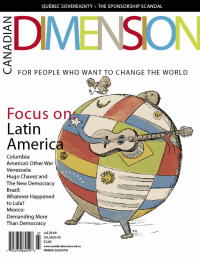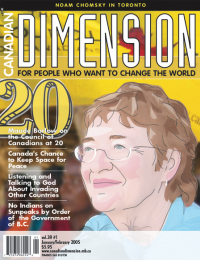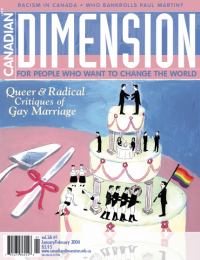Caribbean states call for the lifting of sanctions against Venezuela
It has never been clearer that Canada is far behind the regional and global consensus
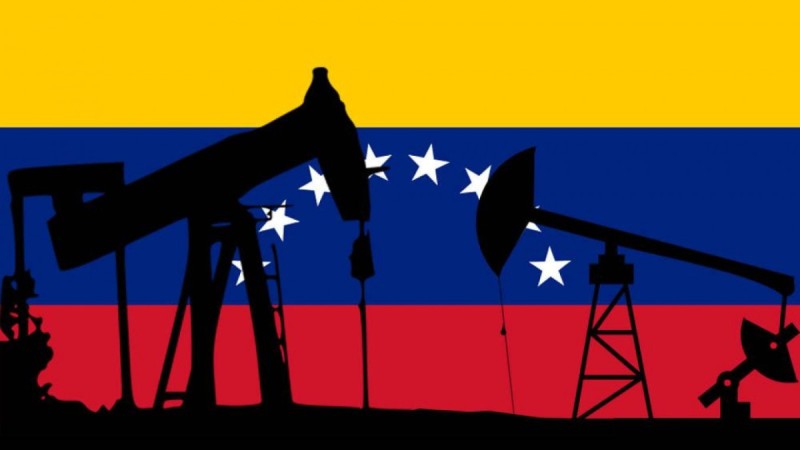
Image from Pixabay
From July 3 to 5, the heads of states of 15 Caribbean countries gathered in Paramaribo, Suriname for the forty-third regular meeting of the Caribbean Community (CARICOM), a regional intergovernmental organization that promotes economic cooperation between members. At the conclusion of the meeting, CARICOM released a communique which summarized the wide array of issues discussed and emphasized the importance of the Venezuelan economy, particularly the energy sector, to the infrastructural needs of the region. In unequivocal terms, they called for the lifting of US sanctions on Venezuela.
“Heads of Government agreed,” the communique reads, “in the context of the bilateral relationship with the United States, to urge for the removal of the sanctions on Venezuela to allow for countries in the Region to benefit from the PetroCaribe initiative and for progress on the exploitation of cross-border natural gas fields between Trinidad and Tobago and Venezuela.”
CARICOM wants end to US oil sanctions on Venezuela
— Kawsachun News (@KawsachunNews) July 6, 2022
"We have infact made a decision, it's in the communique and you'll see it, for an end to sanctions which would touch and concern the Petrocaribe arrangement” says PM Ralph Gonsalves at tonight's CARICOM closing press conference. pic.twitter.com/rIyUwUawkg
The Petrocaribe oil alliance was one of Venezuela’s most popular regional initiatives in the Hugo Chávez years. The energy agreement, signed by 18 Caribbean countries, allows Caribbean governments to pay for 40 percent of oil imports within 90 days of purchase, while paying for the rest over a period of 25 years with an annual interest rate of one percent. In addition to these generous terms, Caribbean states are able to nullify part of the cost by sending goods or services to Venezuela, as Cuba does with its world-renowned health care professionals.
Members of the alliance also have access to the ALBA-Caribe Fund, “whose mission is to fund social projects on areas such as tourism, health, education, road infrastructure, environmental cleanup, access to drinking water, housing, sports, and agriculture in various Caribbean countries.” Many Caribbean countries have benefitted from the fund, including Haiti, whose people rose up against former president Jovenel Moïse in 2021 when it was revealed that his government had embezzled millions in Petrocaribe funds that were intended for domestic development projects.
While still operational under President Nicolás Maduro, Petrocaribe largely lost the capacity to have the positive regional impact it did under Chávez. The reasons for Petrocaribe’s fall in relevance were the 2014-2016 oil price crash and the concomitant launch of US hybrid warfare against Venezuela—including the blockade, to which Canada has contributed with sanctions of its own—which prevented Venezuela from recovering from the collapse in oil prices as other oil-dependent states were able to do. These factors meant that, by 2018, Petrocaribe supplies were mostly suspended.
At the seventeenth summit of the Bolivarian Alliance for the Peoples of our America (ALBA) in late 2019, Maduro announced that his government was committed to the relaunch of Petrocaribe in 2020, although he provided few details. All things considered, this announcement was premature—now, however, the regional and international tide is turning. The Venezuelan economy is showing definite signs of recovery, the US is relaxing some sanctions in the area of oil investment, and French President Emmanuel Macron has called for the reintegration of Venezuela into global energy markets.
Meanwhile, countries in the Global South have been impacted disproportionately by rising commodity prices and the worldwide inflation crisis, making energy a more valuable commodity than it has been in decades. This is the context in which the 15 Caribbean countries represented in CARICOM urged the lifting of US sanctions against Venezuela for the purpose of reviving Petrocaribe.
In one sense, this is a pragmatic decision. Caribbean countries desire access to affordable energy in order to prevent economic and political instability of the type seen in Sri Lanka, and Petrocaribe is the best opportunity to secure those resource inputs. However, the call also represents a return to regionalist vision of Chávez, the Bolivarian Revolution, and its friends in the hemisphere: a revival of ALBA’s principles of “unity, solidarity, cooperation, complementing and integration with a view from the South.”
At the closing ceremony of the CARICOM meeting, Prime Minister of Saint Vincent and the Grenadines Ralph Gonsalves revealed that Venezuela would begin resupplying several member states with oil through the Petrocaribe agreement. He added that, after meeting with President Maduro in Caracas ten weeks ago, new Petrocaribe terms have been put forward by the Venezuelan government—specifically, “35 percent off the top,” a five percent decrease compared to previous Petrocaribe conditions.
“As you are aware,” Gonsalves stated, “the unilateral sanctions by the United States administration…brought, for all practical purposes, the Petrocaribe agreement to an end.” Now, in the fallout of the Russia-Ukraine war, the US government is providing “carve-outs” for European companies to invest in Venezuela in order to offset their reliance on Russian energy, while no such exceptions have been made for the countries of the Caribbean, whose shipping arrangements and payments for Venezuelan exports have been restricted by the sanctions regime. Gonsalves and the entirety of CARICOM expressed their dissatisfaction with the clear bias behind these sanctions carve-outs. “We are suffering,” he said, “so it is only natural that we put this issue square on the table.”
During the CARICOM meeting, recently elected Prime Minister of Grenada Dickon Mitchell called for engagement between all countries “touched by [the Caribbean’s] warm waters, from Mexico to Venezuela.” Meanwhile, Barbadian Prime Minister Mia Mottley stated that the dominant issue discussed by Caribbean states at the meeting was the inflationary crisis and its impact on food and fuel prices. “Against the backdrop of rising fuel [and fertilizer] prices,” Mottley explained, “we took a decision to continue to work towards having the Venezuelan sanctions lifted” with an eye to eventually entering “a renewed and redefined Petrocaribe.”
Canada has contributed significantly to political instability in Venezuela by funding and collaborating extensively with the right-wing opposition. This collaboration began under Harper but increased enormously under the Trudeau government, which has taken a leading role in the attempted removal of the Maduro government through the Lima Group. Now, as Caribbean states are calling for the total lifting of sanctions against Venezuela in the context of the global food and fuel crisis, Canada is doubling down on its hawkish anti-Maduro position.
Following the ninth Summit of the Americas in California (which was criticized by CARICOM for the exclusion of Cuba, Nicaragua, and Venezuela), Trudeau allocated almost $900,000 in funding for the Venezuelan opposition. This funding will go to programs to “strengthen the leadership capacities of Venezuelan women from the political opposition” and to “build the leadership capacities of Venezuelan women from the Venezuelan interim government and the opposition-led National Assembly.”
Around one month later, Canada signed a Media Freedom Coalition statement to “express their deep concern over the lack of media freedom in Venezuela” and condemn “the repressive measures employed by the Maduro regime.” Only twenty-four governments signed the declaration, all of them US allies, and nearly all of them in Europe.
These developments are hardly a shock. Following the US, Canada was the second country to recognize self-declared “president” of Venezuela Juan Guaidó as the country’s leader, and Trudeau has shown a fervor for regime change in Caracas that nearly matches that of Donald Trump and former Colombian president Iván Duque. Indeed, Canada has always had a retrograde view of political and economic affairs in Latin America and the Caribbean, long preferring neoliberal right-wing regimes to socialist or progressive administrations which promote greater regional integration.
With the CARICOM meeting closed and the Caribbean community expressing the urgent need for an end to the sanctions on Venezuela, it has never been clearer that Canada is far behind the regional and global consensus on this issue.
Owen Schalk is a writer based in Winnipeg. He is primarily interested in applying theories of imperialism, neocolonialism, and underdevelopment to global capitalism and Canada’s role therein. Visit his website at www.owenschalk.com.










